Tanzania’s government has labeled the recent unrest in Dar es Salaam as “isolated incidents” and is focused on restoring normalcy following disturbances triggered by the general election. The election, which excluded two major opposition candidates from the presidential race, has drawn criticism over its fairness and perceived suppression of political opposition.
Protests erupted, leading to the burning of government buildings and disruptions in internet services. In response, authorities have implemented an overnight curfew in Dar es Salaam, deployed military and police forces to patrol the streets, and directed civil servants to work from home. The government has increased security measures to manage the situation and address the unrest.
President Samia Suluhu Hassan, in office since 2021, faces criticism for alleged human rights violations, including the arrest and suspected abduction of opposition figures. While she denies these allegations, the current unrest presents a significant challenge to her administration. The government has pledged to restore order and address the concerns that have arisen from the protests.
The international community is closely monitoring the situation, with members of the European Parliament describing the elections as a “fraud,” pointing to an atmosphere of repression and intimidation.
The government’s approach to the protests and its treatment of political opposition are expected to affect Tanzania’s relationships with both domestic and international stakeholders in the coming days. The situation remains fluid, and the government’s response will be crucial in determining the country’s political landscape.

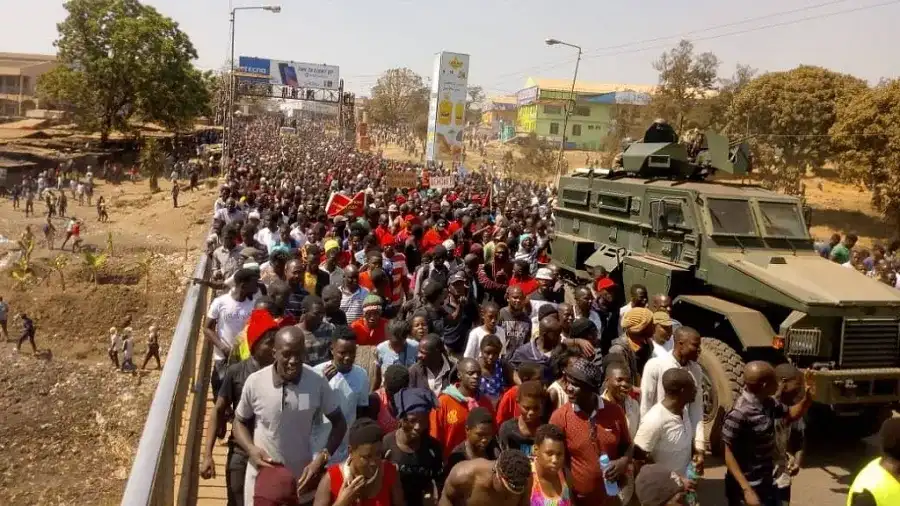
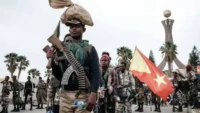

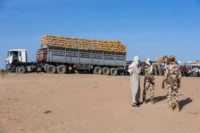
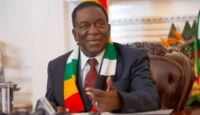
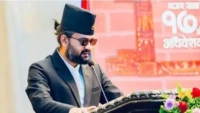
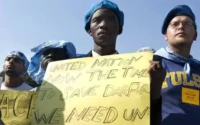
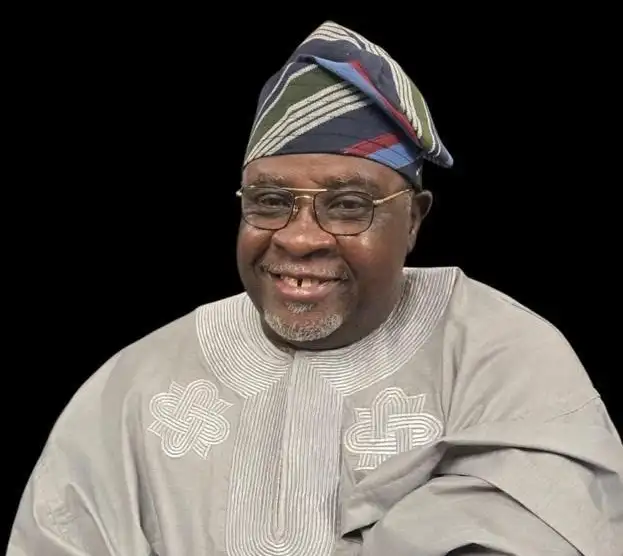


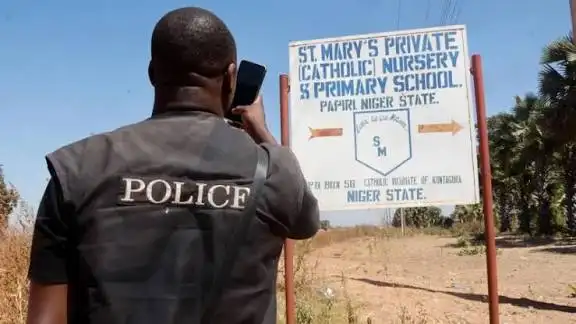
Is the government truly addressing the root causes of the protests, or just sweeping issues under the rug?
I dont buy it! How can authorities just minimize violent protests? Shouldnt they be actively working to prevent them in the first place?
Is minimizing protests the best approach? Should authorities address underlying issues instead of just restoring order?
Im not convinced Tanzanias authorities can easily restore order. Lets see if they can actually deliver on their promises.
Im not convinced that the authorities in Tanzania can truly restore order after violent protests. Lets see if they follow through.